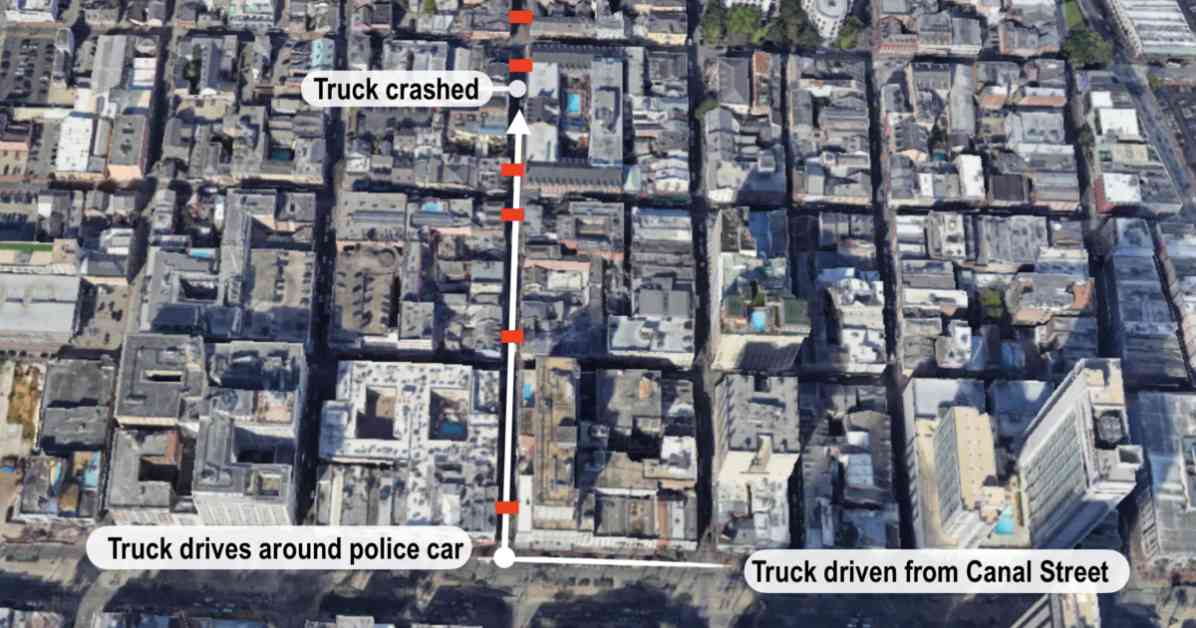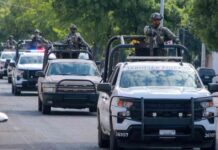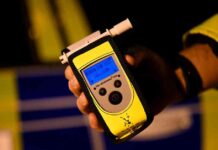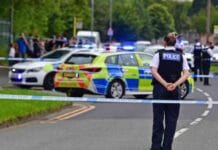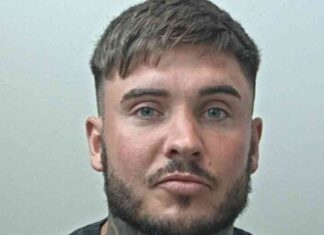New Orleans Faces Terror Threats Despite Warnings
New Orleans, Louisiana – A tragedy struck Bourbon Street when a U.S. Army veteran, Shamsud-din Jabbar, plowed his truck into pedestrians, claiming 14 lives. This horrific event unfolded eight years after a 2017 report identified Bourbon Street as a potential terrorism target due to its dense pedestrian crowds. The report underscored the urgent need for bollards to protect against vehicle ramming attacks, signaling the city’s vulnerability.
Warnings Ignored: Bollard Repairs Delayed
Despite the 2017 report’s clear recommendations, a confidential review in 2019 revealed that bollards along Bourbon Street needed immediate fixes and improvements. The city officials, particularly the New York-based security consultancy Interfor International, emphasized the critical nature of these repairs to prevent mass shootings and vehicular attacks. However, progress remained sluggish, with construction work to replace the bollards only commencing in November 2024, five years after the urgent repair call.
Expert Concerns and Safety Assessments
The delayed repairs raised concerns about the effectiveness of the newly installed bollards, prompting New Orleans Mayor LaToya Cantrell to announce a safety assessment. The FBI news conference highlighted worries that the bollards might only withstand impacts at speeds of up to 10 miles per hour, potentially falling short of providing adequate protection. Mayor Cantrell emphasized the need for an expert evaluation to ensure the city’s preparedness against such attacks.
City’s Response and Accountability
The French Quarter Management District clarified its limited involvement in the bollard selection and contracting process, shifting accountability to the Mayor’s Office and the Department of Public Works. This revelation underscores the need for improved coordination and oversight to prevent future delays in critical infrastructure upgrades aimed at safeguarding public spaces.
As we grapple with the aftermath of the Bourbon Street attack, it’s essential to reflect on our collective responsibility for public safety. The tragic loss of lives underscores the urgency of heeding expert recommendations and swiftly implementing preventive measures. Let’s strive for a safer tomorrow by prioritizing proactive security strategies and ensuring that our cities are well-equipped to mitigate potential threats effectively.

